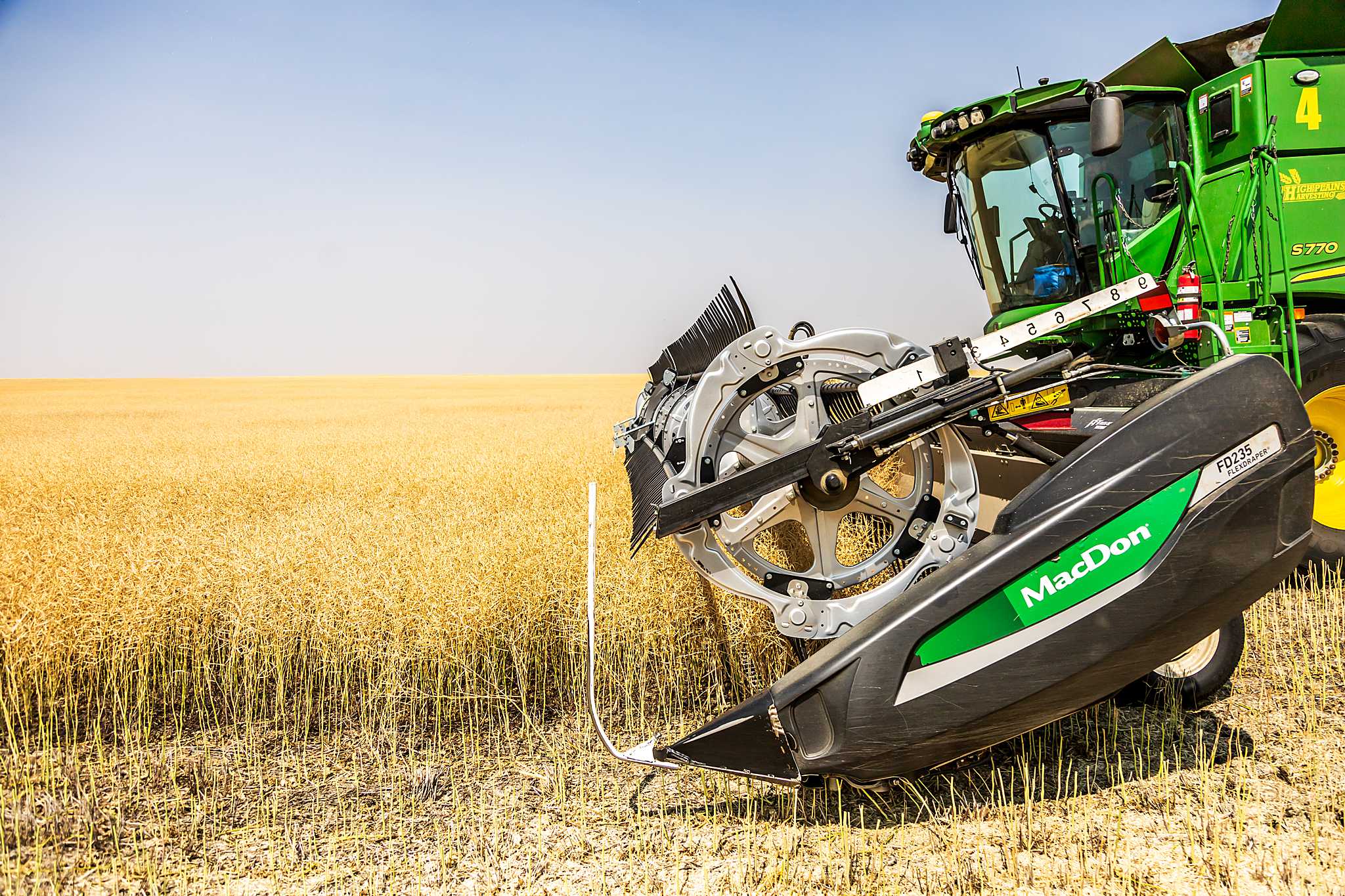
28 Aug Laura: There’s something fishy about this canola
Montana—A red flag warning had been issued for later in the week. Gusts were predicted to be up to 38 miles per hour. Fire danger accompanies conditions like these and due to the vastness of the area, including large fields and plenty of tinder, things could get out of hand fast. Machines would be shut down as a precaution until conditions improved.
Several fields of canola stood between us and the predicted wind event. Canola seeds are housed in pods and at maturity, can be susceptible to shattering. Shattering is a technical name for the pods splitting open and the seeds falling out. Once the seeds fall from the pods, a yield reduction can be expected as those seeds are unable to be recovered from the ground. It was crucial we harvest the crop before the wind hit due to the increase risk of shattering.
The canola to be harvested was from NUSeed. It is a special special variety as it contains omega-3. The end use of the canola is pretty amazing.
Once harvested, the canola will be trucked to Sweetgrass, Montana. It will be loaded and shipped by rail to Redwing, Minnesota. In Redwing, it will be crushed and the oil will be shipped down the Mississippi, on barges, and head to South America. Once in South America, it will be mixed into fish feed rations.
You may be thinking, “What’s so amazing about that?” Well, Montana farmers are part of the sustainability story for fish farms. There is high consumer demand for healthy seafood like salmon. However, there is a finite supply in the ocean and natural populations have to be kept at sustainable levels. Fish farming is a solution. However, those farm-raised fish need to eat and there is a finite supply of bait fish in the ocean and harvest limits must be observed. Salmon need omega-3 and if they can’t get that nutrient from the fish they prey on, where does it come from? What is the solution? Omega-3 canola from Montana and other canola producers. The oil is added to the fish rations and it provides the salmon with the nutrients they need to grow and flourish on the farms. A healthy, ethically, and sustainably raised fish is important to the farmers but also to those who will be eating them.
I recently had the opportunity to visit with agronomist Brad Birch of Montana Ag. He told me they try to plant the crop as early as possible to avoid the heat of the summer at pollination. The goal is for the crop to flower prior to the first part of July. If pollination occurs during high heat, the pollen may become sterile, fertilization will not occur, and there will be no grain. Also, heat can cause “blasting” where the pods will drop from the plant. Decreases in pod production reduce yield as that’s where the grain develops. Issues at pollination can also reduce the final seed development by less than half. Typically, 28 to 34 seeds per pod is the goal. These concerns shouldn’t be a deterrent to planting canola, however. Simple awareness to the crop’s growing habits, no different than knowledge of other crops, is key for success.
Implementing canola into a Montana farmer’s crop rotation not only provides economic benefit, aligns well with the climate, but has sustainable benefits too. Crop rotations are a natural way to reduce the risks of diseases and insect pests. By temporarily removing known crop habitats for a season, like traditionally grown wheat, pest disease life cycles can be thrown off. Fewer pests can reduce the need for herbicides and pesticides while increasing yields due to diminished pest pressure.
Due to the success of the program, NuSeed is looking to double the omega-3 canola acres for 2024. This increase will help support the interest in aquaculture. Earth’s population continues to grow, and pressure builds to feed the people. Creative and sustainable solutions must to be explored. Omega-3 canola is allowing Montana and U.S. canola growers ways to be sustainable with their cropping rotations at home, while helping fish farmers do the same. Creative solutions like these helps everyone from the farm, consumer, and environment win.
For more information about NuSeed and omega-3 canola, click here.
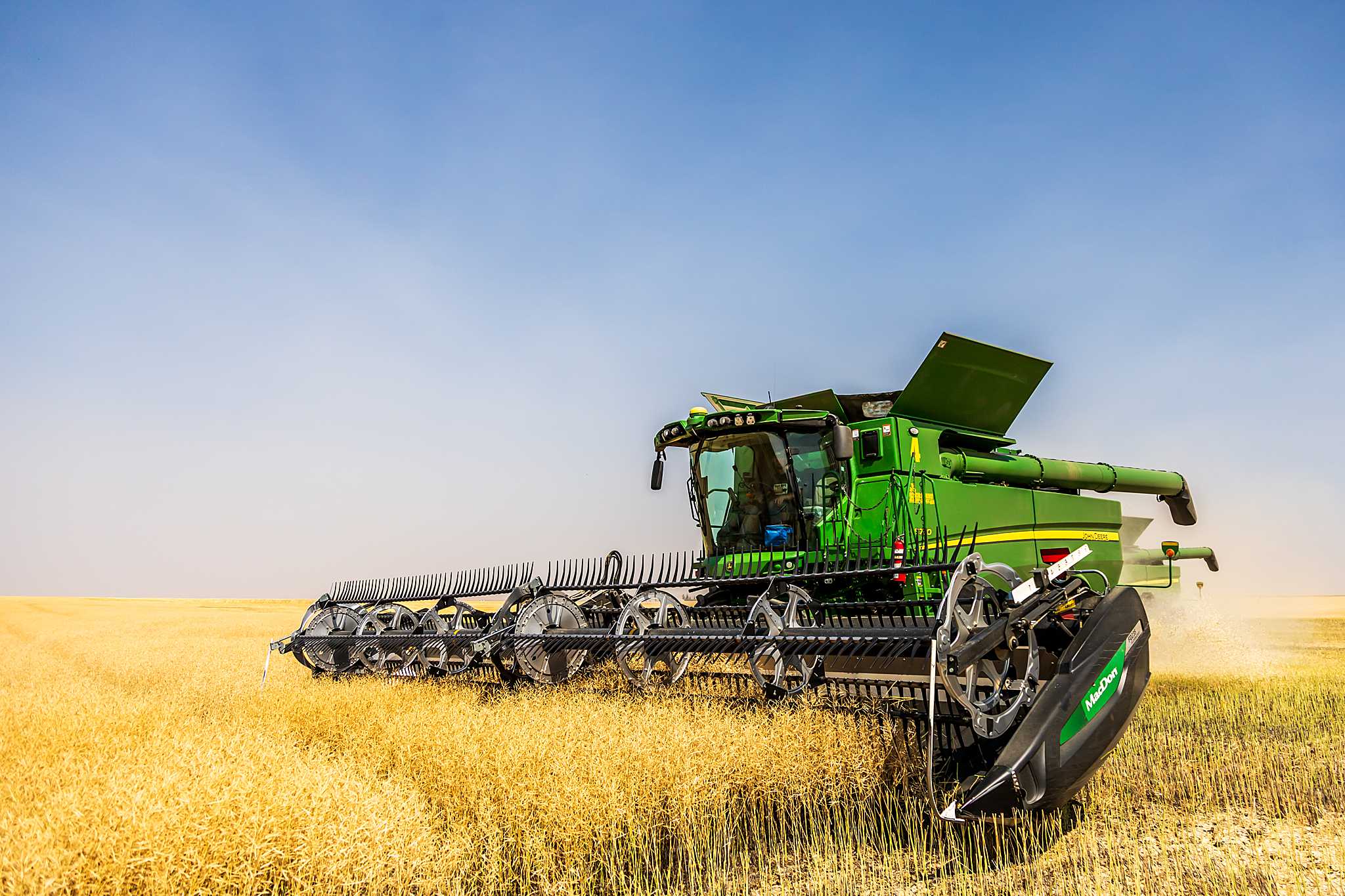
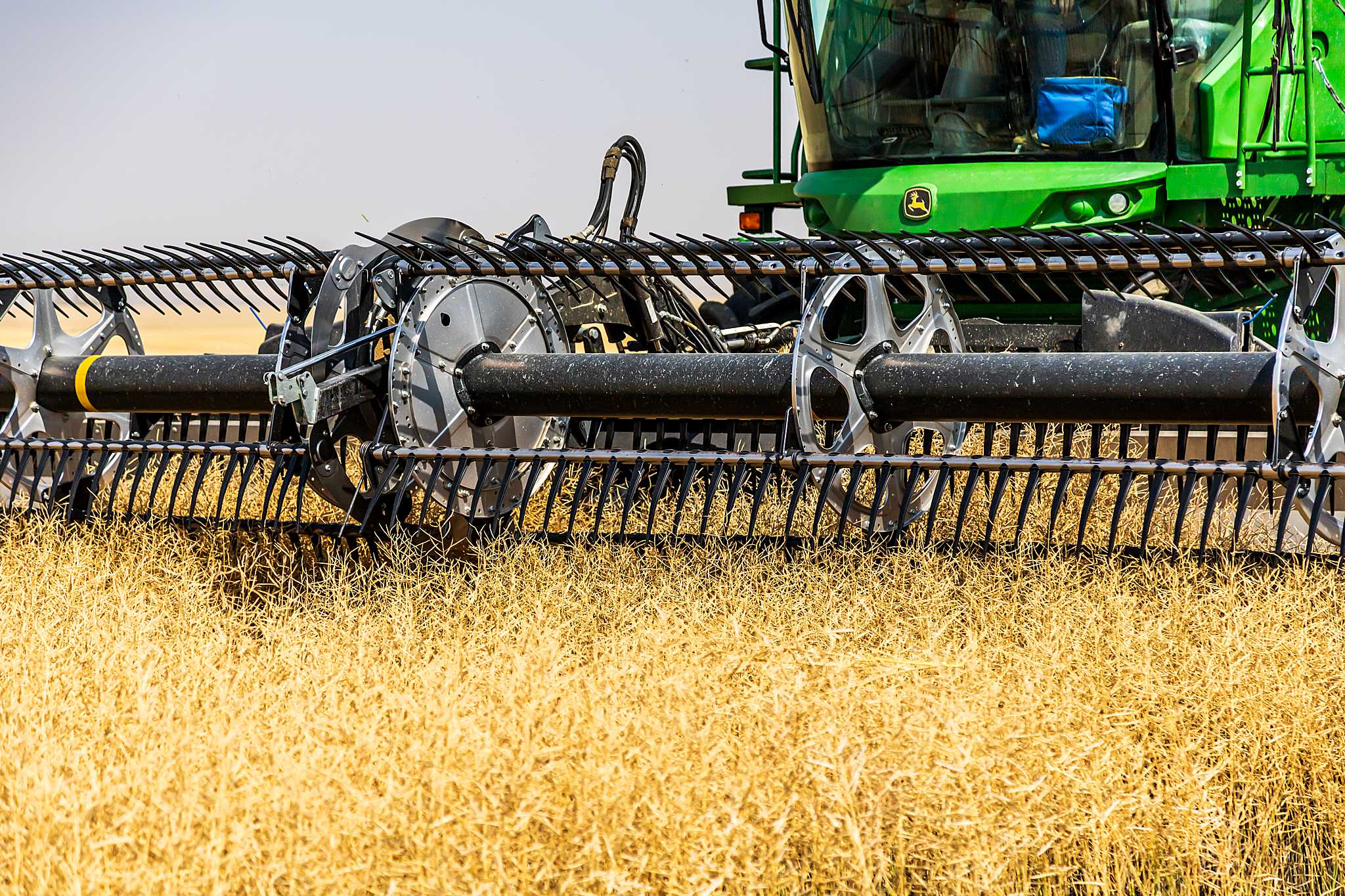
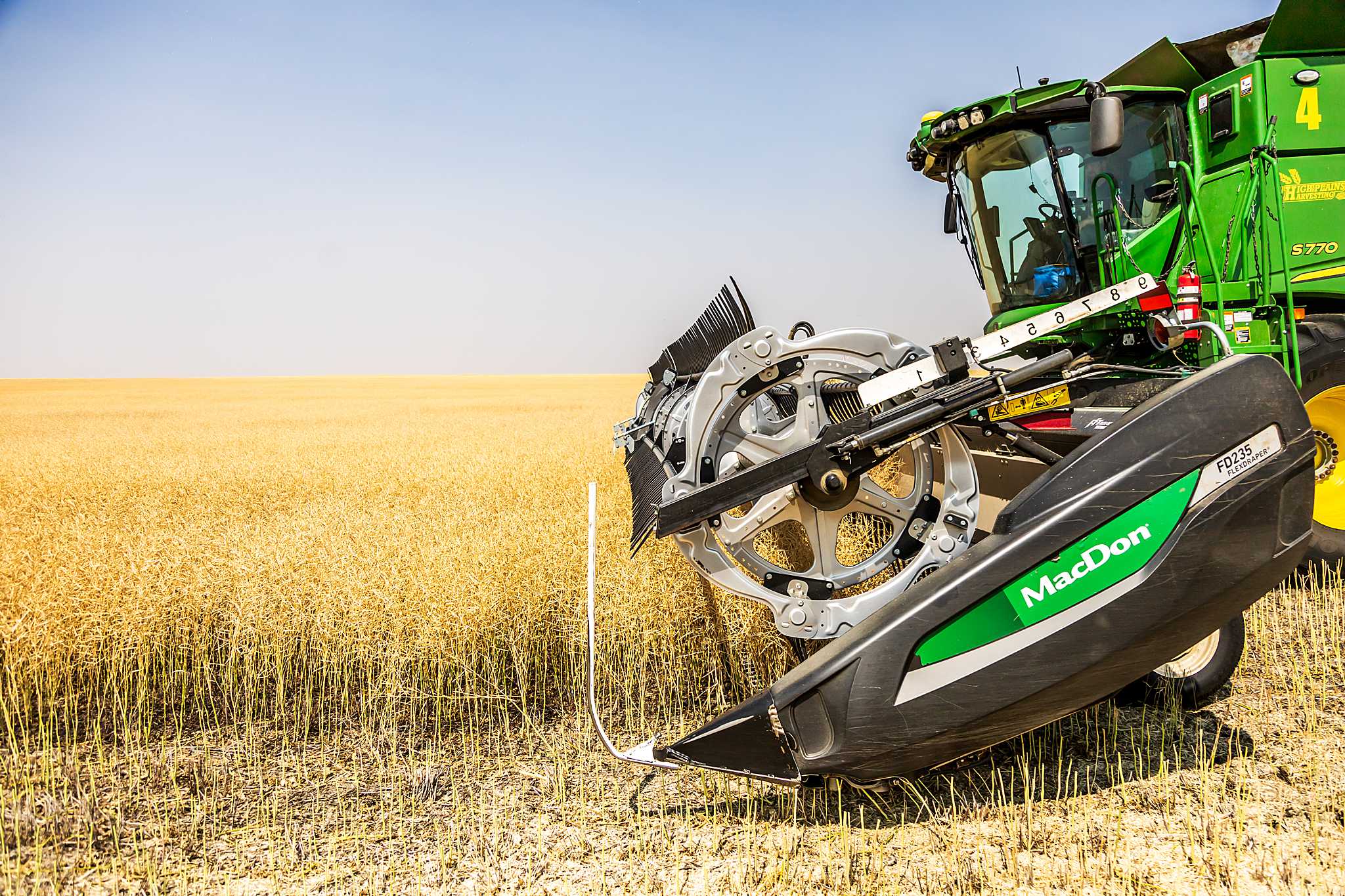
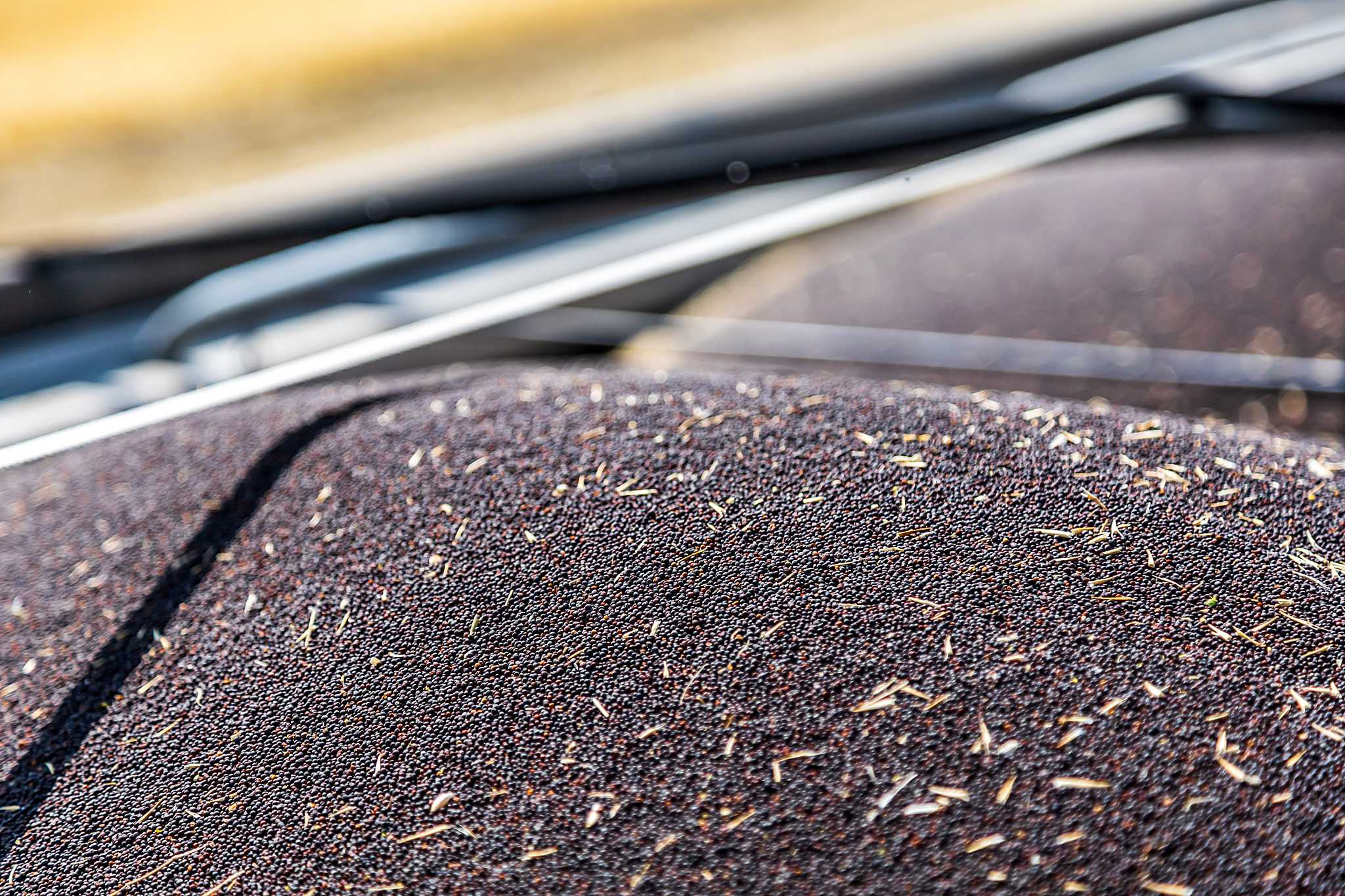
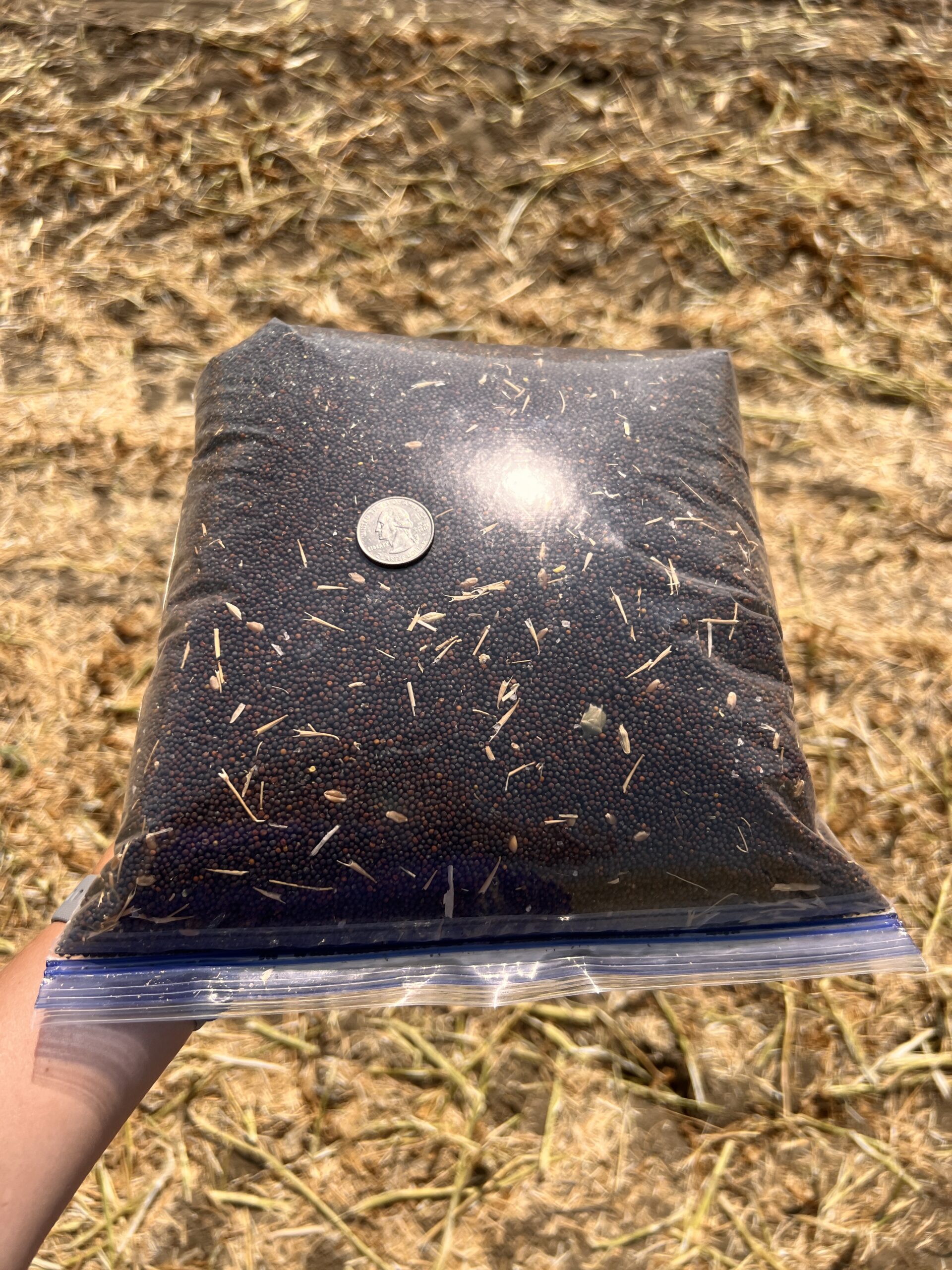
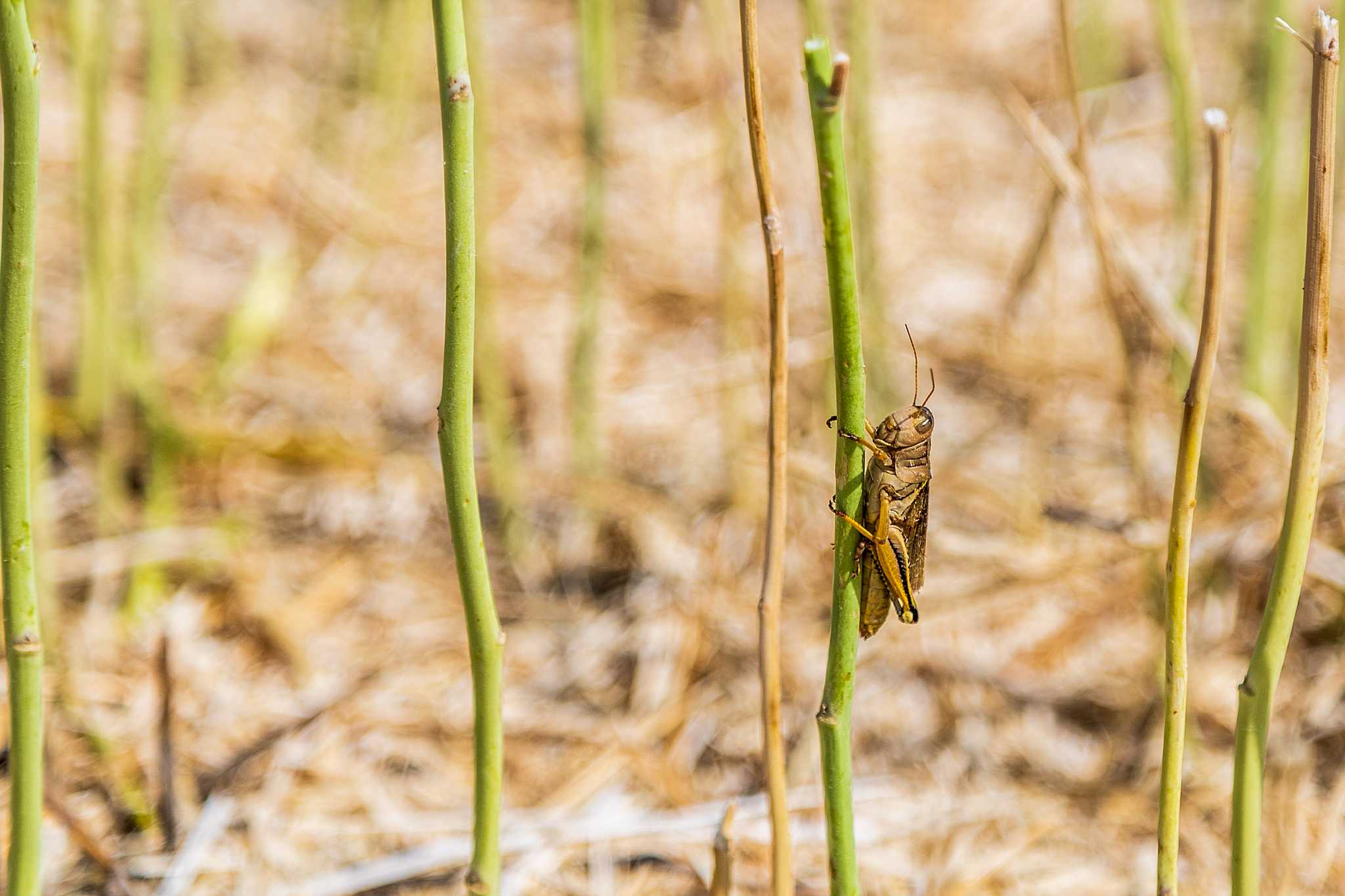
Laura Haffner can be reached at laura@allaboardharvest.com.
All Aboard Wheat Harvest is brought to you by Unverferth Manufacturing Co., Inc., High Plains Journal, New Holland, ITC Holdings Corp, U.S. Custom Harvesters, Inc., Kramer Seed Farms and Lumivia Insecticide Treatment by Corteva Agriscience.

Sorry, the comment form is closed at this time.